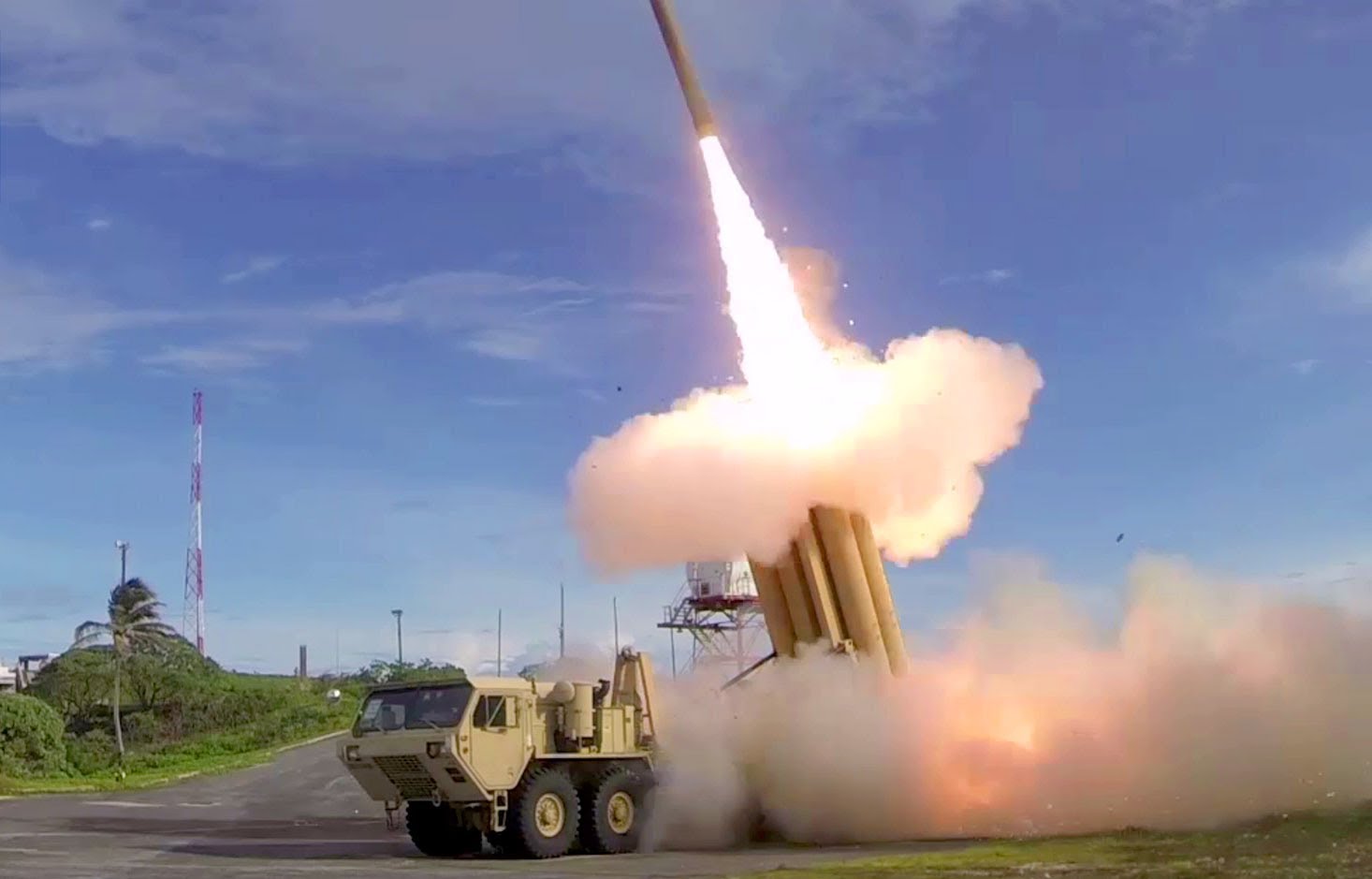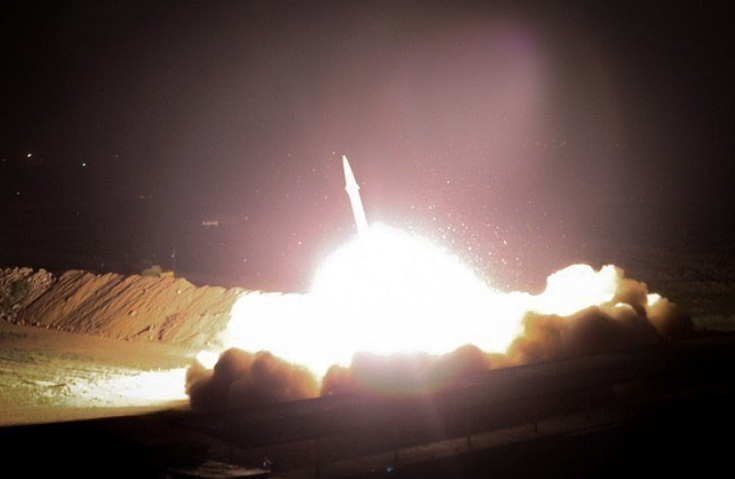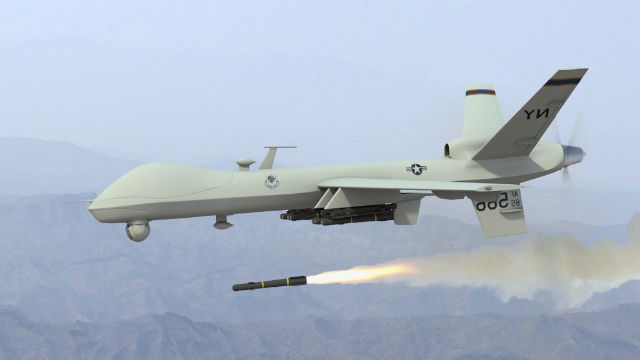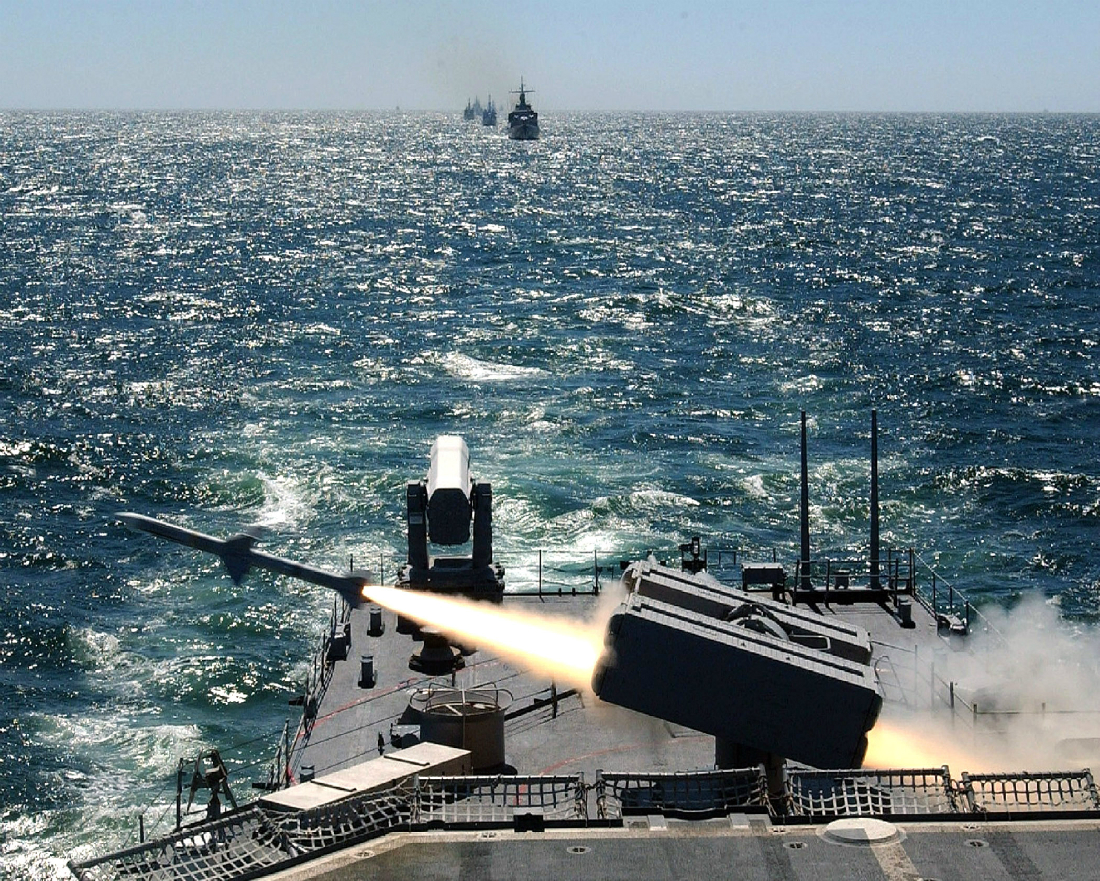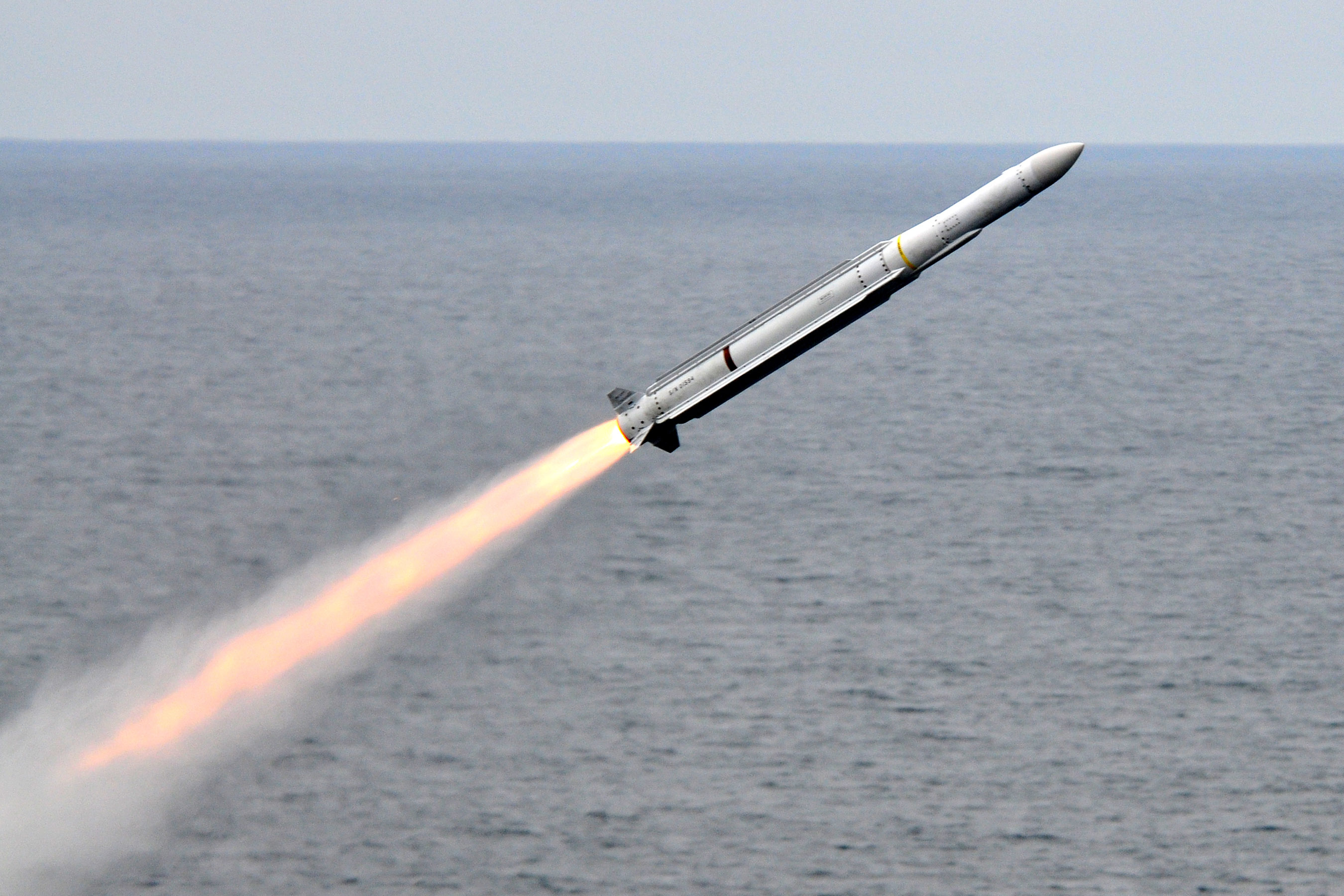Mexican Defense Department seeks probe on how cartels acquired high-grade U.S. weapons
02/02/2024 / By Belle Carter

Mexico’s top diplomat is demanding an urgent investigation into how military-grade weapons such as belt-fed machine guns, rocket launchers and grenades are being found in the hands of Mexican drug cartels. Said weapons are not sold for civilian use in the United States.
“The [Mexican] Defense Department has warned the United States about weapons entering Mexico that are for the exclusive use of the U.S. army,” Foreign Relations Secretary Alicia Barcena said. “It is very urgent that an investigation into this be carried out.”
The Associated Press reported that as per the Mexican army, back in June, it had seized 221 fully automatic machine guns, 56 grenade launchers and a dozen rocket launchers from drug cartels since late 2018. In the same month, Defense Secretary Luis Cresencio Sandoval said five rocket launchers had been found in the possession of the Jalisco New Generation cartel, four were seized from the rival Sinaloa cartel and three more were seized from other cartels. Sandoval did not specifically say the weapons were from U.S. military stockpiles.
#Mexico ??: A noteable video allegedly shows members of Cártel de Jalisco Nueva Generación (#CJNG Cartel) in #Jalisco.
A member of the cartel seemingly fires a noteable RPG-7 Launcher with 85mm PG-7V projectile —quite interesting to see. pic.twitter.com/IvhMN9GWF4
— War Noir (@war_noir) January 1, 2023
The Mexican government estimates that 70 percent of the weapons trafficked into Mexico come from the U.S., according to the Foreign Affairs Ministry.
Kristina Mastropasqua, a spokesperson for the U.S. Bureau of Alcohol, Tobacco, Firearms and Explosives (ATF), told Fox News Digital that weapons like this present an extreme danger when they land in the hands of criminals. “A danger not only to the public but to the law enforcement agents on both sides of the border as well,” she further warned. (Related: CONFIRMED: Mexican cartels are now INSIDE the U.S. forming gangs and SNIPER NESTS to take out Americans.)
“Operation Southbound is ATF’s primary operational initiative to disrupt the trafficking of firearms from the United States to Mexico,” Mastropasqua explained. It is focused on the four southwest border states, she said, as the majority of the firearms being trafficked to Mexico originate from there, but it is not exclusive to just those states. “Cross-border firearms trafficking is diffuse, does not only occur on the border, and does not always include dozens of firearms being illegally transported at once; often only a few are trafficked, and they originate in states far from the southwest border,” she added.
Meanwhile, U.S. ambassador to Mexico Ken Salazar confirmed Monday that Mexican officials had brought up the issue at meetings last week, and while he had not been aware of the problem, he pledged the United States would look into it. “We are going to look into it, we are committed to working with Sedena [Mexico’s Defense Department] to see what’s going on,” Salazar said.
Barcena, describing talks on immigration and security last week with U.S. officials, also said the United States is planning to announce sanctions against airlines and transportation companies that move migrants to South and Central America and through Mexico to the U.S. border. “The United States said it was going to impose sanctions on South American and Central American companies that are transporting migrants irregularly, and they want us to do the same,” the Mexican diplomat said. “The [Mexican] Interior Department is going to call on the bus and airline companies, but we don’t want them [the United States] to act unilaterally.”
American appeals court revives Mexico’s $10B lawsuit against U.S. gun manufacturers
The $10 billion lawsuit that seeks to hold manufacturers responsible for coordinating weapons trafficking to drug cartels across the U.S.-Mexico border has just been revived by the Boston-based 1st U.S. Circuit Court of Appeals. It overturned a lower-court judge’s decision dismissing the case because a U.S. law barred Mexico from suing Smith & Wesson Brands, Sturm, Ruger & Co. and others.
That law, the federal Protection of Lawful Commerce in Arms Act (PLCAA), provides the firearms industry broad protection from lawsuits over their products’ misuse.
Per Mexico’s lawyers, the law only bars lawsuits over injuries that occur in the U.S. and does not shield the seven manufacturers and one distributor it sued from liability over the trafficking of guns to Mexican criminals.
Judge William Kayatta said that while the law can be applied to lawsuits by foreign governments, the lawsuit “plausibly alleges a type of claim that is statutorily exempt from the PLCAA’s general prohibition,” adding that that was because the law was only designed to protect lawful firearms-related commerce, yet Mexico had accused the companies of aiding and abetting illegal gun sales by facilitating the trafficking of firearms into the country.
Barcena lauded the decision and called the ruling “great news” via a post on X, formerly Twitter. The country’s U.S. attorney Steve Shadowen called it “an important step forward in holding the gun industry accountable.” “It should now be clear that those who contribute to gun violence must face legal consequences, regardless of borders,” Shadowen said in a statement.
Meanwhile, representatives for the gunmakers did not immediately respond to requests for comment.
Visit OpenBorders.news for more stories related to human and gun trafficking to and from the United States.
Sources for this article include:
Submit a correction >>
Tagged Under:
atf, big government, black market, border security, drug cartels, firearms, gun smuggling, illegal, invasion usa, Mexico, military, military weapons, national security, Open Borders, weapons technology, weapons trafficking
This article may contain statements that reflect the opinion of the author
RECENT NEWS & ARTICLES
COPYRIGHT © 2018 MILITARYTECHNOLOGY.NEWS
All content posted on this site is protected under Free Speech. MilitaryTechnology.news is not responsible for content written by contributing authors. The information on this site is provided for educational and entertainment purposes only. It is not intended as a substitute for professional advice of any kind. MilitaryTechnology.news assumes no responsibility for the use or misuse of this material. All trademarks, registered trademarks and service marks mentioned on this site are the property of their respective owners.

